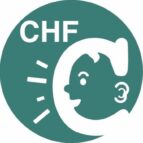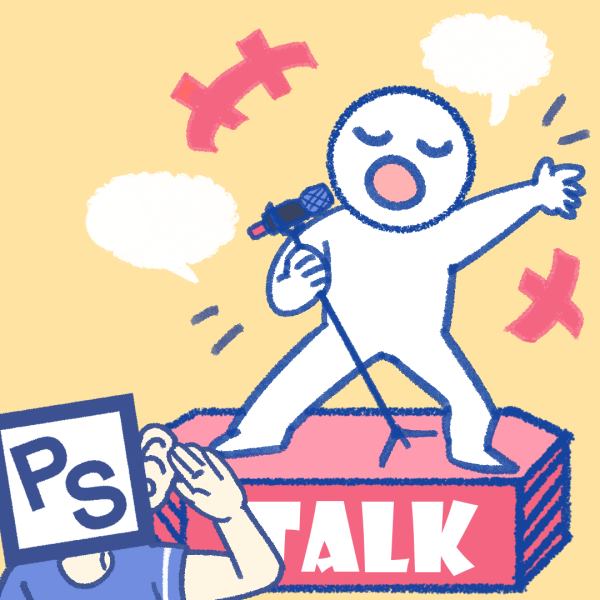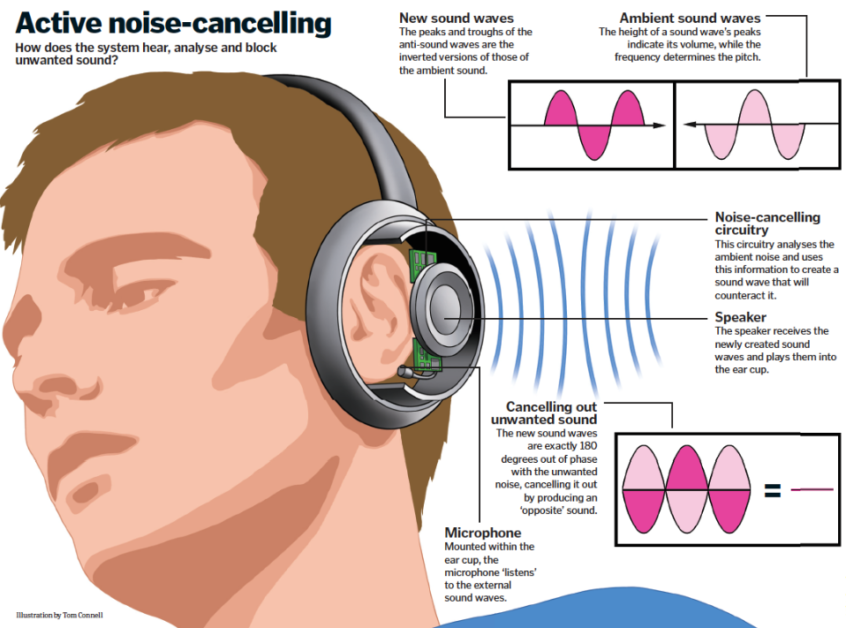- 文/雅文基金會聽語科學研究中心 研究助理張舒婷、主任張逸屏
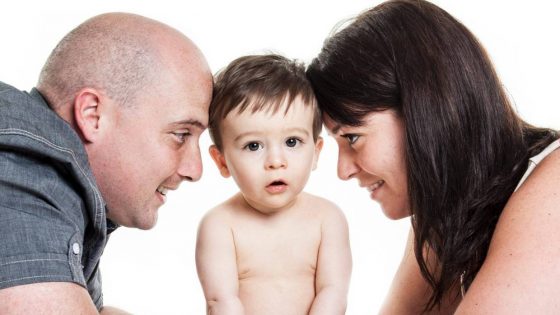
「明明還有一耳聽得到,有需要戴助聽器嗎?」是許多單側聽損兒家長心裡常浮現的疑問。關心孩子的爸爸媽媽們,可以透過這篇文章,了解沒有配戴輔具,可能會對單側聽損幼兒的語言發展造成什麼影響。
首先,單側聽損的人數或許比你想像得還多:
- 在美國的一項統計數據中1,小學至國中階段的微聽損者,光是單側聽損人數就佔比約 1/4 到一半
- 另一項數據也顯示每五位永久性聽損幼兒當中,就有一位是單側聽損2。他們由於單側聽力正常,還是可以接收訊息、吸收知識、學習語言,也能和他人溝通互動。
然而,國外專門研究聽力的期刊 Hearing Journal,近期刊登了一篇研究文章3,指出單側聽損幼兒無論是聽力或語言能力,平均來說可能不及一般聽力正常幼兒。
吵雜環境下,「聽」仍是弱勢
由於新生兒聽力篩檢的普及化,單側聽損的幼兒和其他的聽損孩子一樣可以及早被發現並確診。然而,在早期生活中可能看不出什麼影響,幼兒大部分時間可能都待在家裡的安靜環境,或大多有家人的陪伴照顧。
家人會考慮到幼兒只有單邊正常聽力的狀況,而盡量靠近幼兒聽力正常耳朵那一邊說話,因此日常生活中可能不易觀察到單側聽損幼兒在聆聽時的細微困難。
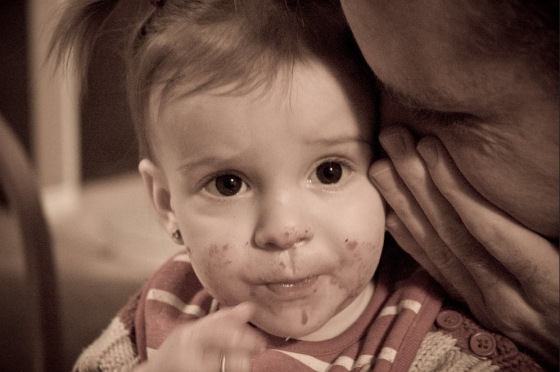
研究中透過量表分析發現,與聽力正常幼兒比較,單側聽損幼兒在家中一些聆聽情境下的能力是明顯較差的,包括像是家人相隔一段距離的談話聲音、兄弟姐妹多人互動時講的內容,或是觀看影片時,單側聽損孩子在接收與消化語音訊息上都和聽力正常的幼兒有落差。
另外,研究當中也針對量表結果分析噪音的影響。結果發現,在相對安靜的環境中,單側聽損幼兒與聽力正常幼兒的聆聽能力會是相當的;但如果環境變得吵雜,單側聽損幼兒則明顯聽得比聽力正常幼兒更差。
一般來說,家中的聆聽環境相對安靜,但進入幼兒園後,不僅多了同儕,還會有角落時間、戶外活動,或分組討論等情境。整體而言,聆聽情境多元且複雜。這時單側聽損幼兒相對無法完整接收他人傳遞的語音訊息,長久下來可能會有跟不上同儕的狀況。
較進階的語言能力易落後
除了量表以外,此篇研究也運用了專業的測驗,評估幼兒的各項語言能力,包括幼兒能理解的詞彙量、對於他人口語的理解能力、自身的口語表達能力,以及發音的表現。
他們運用玩具和圖卡,以對話和互動的方式,觀察幼兒的反應,藉此評估幼兒上述的各種語言能力。
結果發現,單側聽損幼兒在理解性詞彙量和發音表現上和聽力正常的幼兒接近;但在理解他人口語和口語表達的能力,平均來說是顯著落後於聽力正常幼兒的。

推測可能因為單側聽損的孩子仍可透過聽力正常的那一耳學習,因此詞彙量和口齒清晰度並沒有明顯受到影響。
但是口語理解和表達是比較進階的語言能力,因為能理解詞彙不一定能理解完整的句子、發音清晰不見得就能完整表達出一個句子,可能因為上述的原因,單側聽損幼兒在口語理解和表達上仍然和聽常幼兒有一些落差。
因此可以想像:在幼兒園所中,單側聽損幼兒可能興致勃勃地想參與自己有興趣的活動時,卻因為聽不太懂他人說的話,或不太會表達,而感到挫折和難以融入。
依需要配戴助聽器,讓孩子發揮完整潛力
從上述研究的結果中,可以得知單側聽損幼兒在聽能和口語的表現上均較一般聽常幼兒更弱,為了及早改善孩子的聽能狀況,配戴助聽器仍有其必要性。
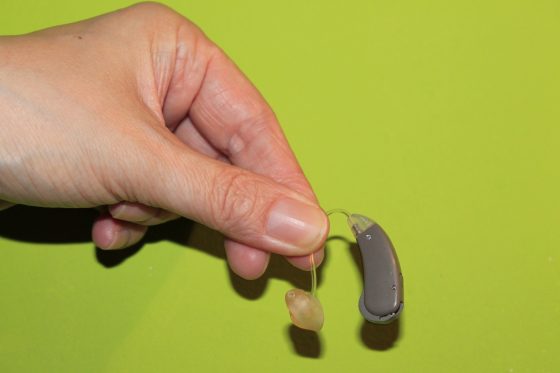
不過,誠如開頭所說,許多家長對於是否讓孩子配戴助聽器會有所猶豫。研究數據顯示,得到配戴助聽器建議的單側聽損案例,最後僅有不到五成的幼兒有配戴3。
事實上,也有研究證實,配戴助聽器能讓單側聽損兒童在安靜或噪音情境都聽得更好4。在聽能改善的前提下,才能逐步減少上述語言發展落後的可能性。讓聽障的孩子在各方面的能力跟上聽常同儕,充份發揮潛能。
了解更多:這樣做,讓單側聽損孩子聆聽更輕鬆
參考文獻
- Bess, F. H., Dodd-Murphy, J., & Parker, R. A. (1998). Children with minimal sensorineural hearing loss: prevalence, educational performance, and functional status. Ear and hearing, 19(5), 339-354.
- Fitzpatrick, E. M., Al-Essa, R. S., Whittingham, J., & Fitzpatrick, J. (2017). Characteristics of children with unilateral hearing loss. International journal of audiology, 56(11), 819-828.
- Fitzpatrick, E. M., Gaboury, I., Durieux-Smith, A., Coyle, D., Whittingham, J., & Nassrallah, F. (2019). Auditory and language outcomes in children with unilateral hearing loss. Hearing research, 372, 42-51.
- Rohlfs, A. K., Friedhoff, J., Bohnert, A., Breitfuss, A., Hess, M., Müller, F., … & Wiesner, T. (2017). Unilateral hearing loss in children: a retrospective study and a review of the current literature. European journal of pediatrics, 176(4), 475-486.
